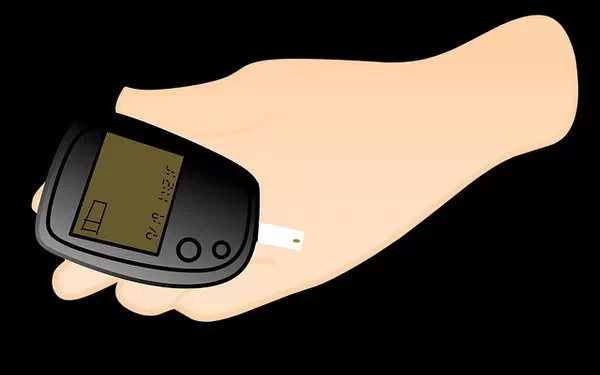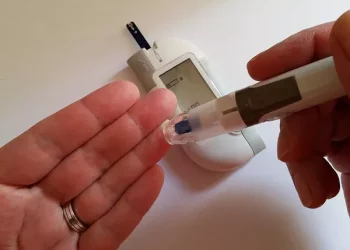Ice cream is a beloved treat, whether it’s classic French vanilla or indulgent mint chocolate chip. However, for those with diabetes, the question often arises: Is it safe to enjoy? The answer is nuanced. While it’s important to manage sugar and carbohydrate intake, completely avoiding all sweets isn’t necessary. Moderation and careful choices are key.
How Ice Cream Affects Blood Sugar
Ice cream contains simple carbohydrates that the body breaks down into glucose, which can quickly spike blood sugar levels. Insulin helps move this glucose into cells for energy, but for those with type 2 diabetes, insulin resistance makes this process more difficult, leading to higher blood sugar. These fluctuations can result in fatigue, thirst, and, over time, serious health complications such as heart disease or kidney issues.
Can Diabetics Eat Ice Cream?
Fortunately, ice cream can be part of a diabetes-friendly eating plan. The National Institutes of Health recommends focusing on whole foods rich in complex carbohydrates like vegetables, beans, and whole grains. However, foods with added sugars, such as ice cream, can still be enjoyed in moderation.
Josten Fish, RD, a registered dietitian, advises that portion control and mindful selection of ice cream types can allow for inclusion in a healthy diet. “Choosing the right ice cream and managing portion size can make a significant difference,” says Fish, who has worked with diabetes patients.
Key Tips for Choosing Diabetes-Friendly Ice Cream
When shopping for ice cream, there are several factors to consider:
What to Look For:
Lower sugar and carbohydrate content: Opt for options with fewer than 30 grams of carbohydrates and 13 grams of added sugar per serving. Some brands use sugar substitutes like stevia or monk fruit, which don’t affect blood sugar levels as much as traditional sugar.
Calorie-conscious choices: Choose ice creams with 250 calories or fewer per serving to maintain a healthy weight.
Nutritious mix-ins: Look for ice cream with added nuts or seeds, which provide fiber, protein, and healthy fats to help slow the absorption of sugar.
What to Avoid:
Sugary mix-ins: Ice creams with ingredients like caramel or marshmallows tend to have higher sugar content. If you enjoy these flavors, consider smaller servings or seek out reduced-sugar alternatives.
High saturated fat content: Aim for options with no more than 2 grams of saturated fat per serving, as excessive saturated fat can impair insulin sensitivity and harm heart health.
5 Best Ice Cream Brands for Diabetics
Choosing the right ice cream brand can make a big difference. Look for those that meet the criteria above, and you’ll find satisfying options that won’t spike your blood sugar.
How to Enjoy Ice Cream with Diabetes
Maintaining blood sugar control while enjoying ice cream requires a few simple strategies:
Pair with protein: Eating ice cream with a high-protein meal or snack can help slow sugar absorption. Fish recommends adding a protein-rich food to your dessert to balance the sugar impact.
Stick to one serving: A typical serving size is about half a cup. To avoid overeating, scoop your ice cream into a bowl rather than eating directly from the pint. If you’re going out for ice cream, stick to a single scoop and skip sugary toppings.
Adjust your meal’s carb content: If you plan to enjoy ice cream, consider reducing carbs in your main meal to balance your total carb intake for the day. This can help prevent blood sugar spikes while still allowing for a treat.
Make it at home: If you like cooking, homemade ice cream gives you full control over the ingredients, allowing you to make a healthier version. There are plenty of easy, no-machine recipes that can cater to your dietary needs.
Conclusion
Including ice cream in your diet is possible with diabetes, as long as you make mindful choices. Cutting out all desserts isn’t necessary and can even lead to cravings. By focusing on portion sizes, choosing lower-sugar options, and pairing with a balanced meal, you can enjoy ice cream without compromising your health. As always, maintaining a well-rounded diet, regular exercise, and following your doctor’s advice will help keep blood sugar levels in check.
Related topics:
Multicenter Clinical Trial Investigates Impact of Diabetes-Educated Psychologist
Simplifying Diabetes Management for Older Adults: Key Strategies and Advances in Technology
Automated Insulin Delivery Reduces HbA1c in Type 2 Diabetes without Increasing Hypoglycemia

























